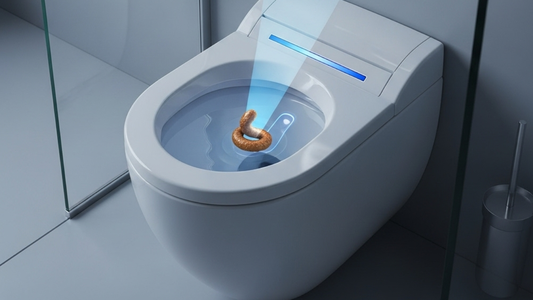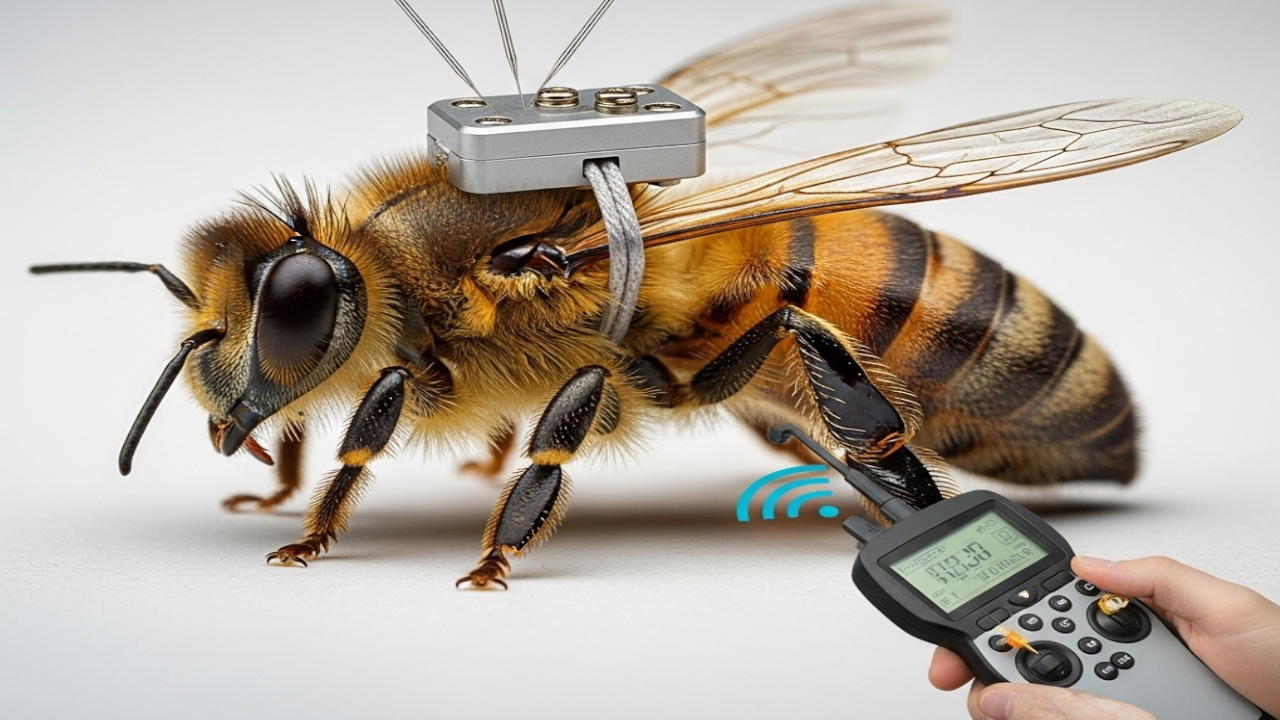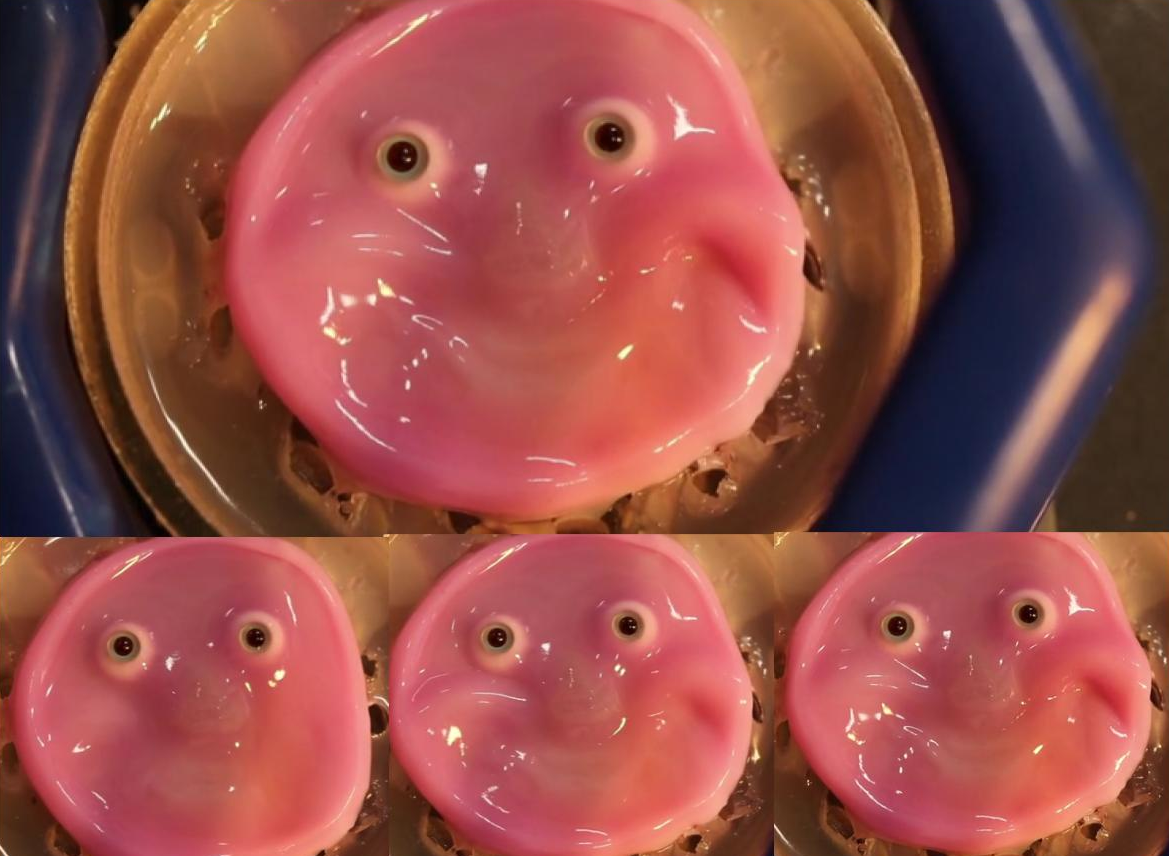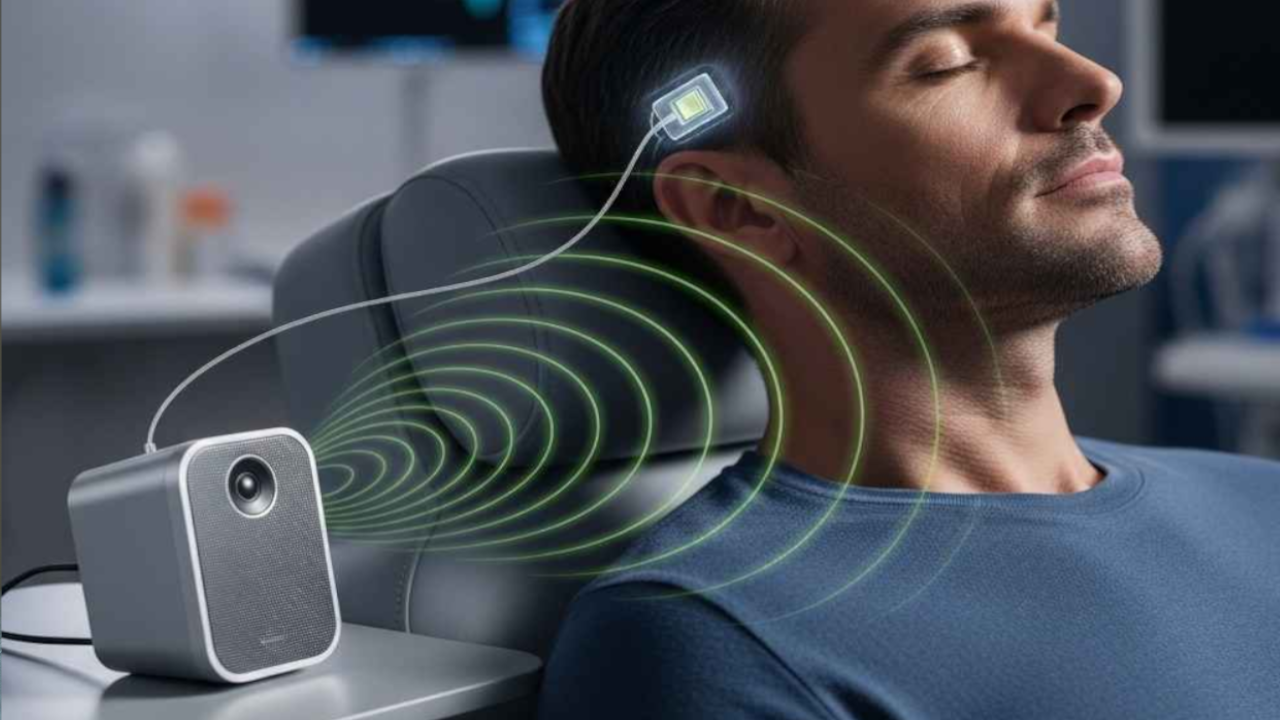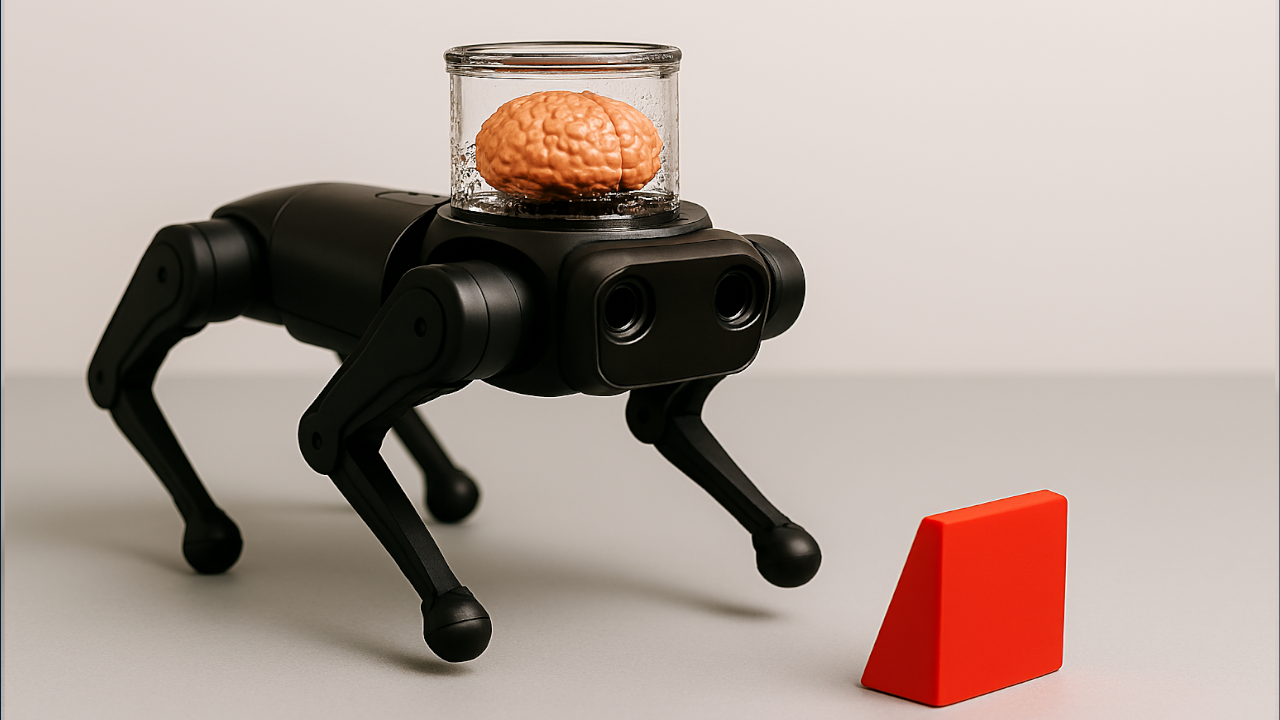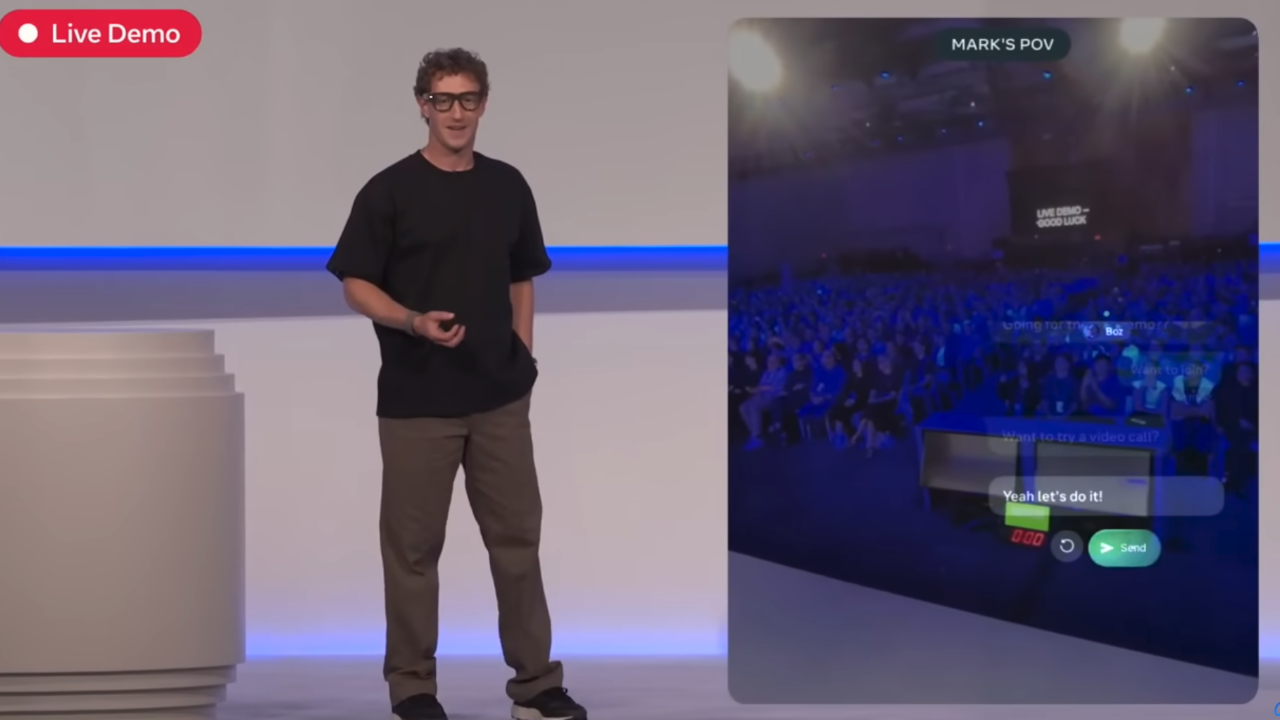Japanese companies are renowned for their unique innovations in the world of toilets. From models that produce soothing sounds for privacy to urinals that analyze urine, we've now arrived at toilets that analyze stool.
Starting this August, Toto, the leading Japanese toilet manufacturer, will launch its latest innovation: Japan's first home toilet equipped with a built-in scanner to analyze stool. This breakthrough seamlessly merges personal health tracking with bathroom technology, promising to open new horizons in personal healthcare.
Imagine sitting on the toilet and, within seconds, receiving a detailed report about your digestive health directly on your smartphone. That's what Toto's smart toilets offer. Once you sit, the integrated scanner activates, analyzing stool as it's passed. It measures characteristics such as shape, consistency, color, and quantity. This data is then sent to a dedicated smartphone application, allowing users to track their patterns over time and receive personalized lifestyle recommendations based on their digestive trends.
The sophisticated analysis system categorizes stool into seven different shapes and consistency levels, ranging from granular to banana-shaped to liquid, noting variations in surface texture. Color is classified into three categories: yellowish, brown, or dark brown, and volume is categorized as high, medium, or low. The primary goal of this technology is to help individuals better understand their gut health through precise digital tracking.
Toto's idea stemmed from its research, which indicates that while 76% of users visually inspect their stool, only 6% regularly record this information digitally. These smart toilets aim to bridge that gap. As a Toto representative states, "Many people already check the condition of their stool, but very few consistently document it." This innovation empowers consumers to track their digestive health patterns without manual recording, representing a significant advancement in personal health monitoring technology.
These smart toilets will be available in two luxurious models: the LS-W, starting at approximately 542,300 Japanese Yen (around $3,650 USD), and the AS-W, starting at approximately 493,900 Japanese Yen (around $3,330 USD). Toto expects to sell over 7,000 units annually by the third year of its launch, reflecting the company's optimism about the product's success.
Toto assures that all data collected by the toilet is securely stored and analyzed solely for the user's benefit. The question remains: Are consumers ready to embrace this level of detailed health tracking? Will bathrooms become the next frontier for health data collection? Market response when these toilets debut next month will ultimately determine whether this level of self-bio-monitoring represents the future of preventive healthcare or an unnecessary intrusion into one of life's most private moments.
